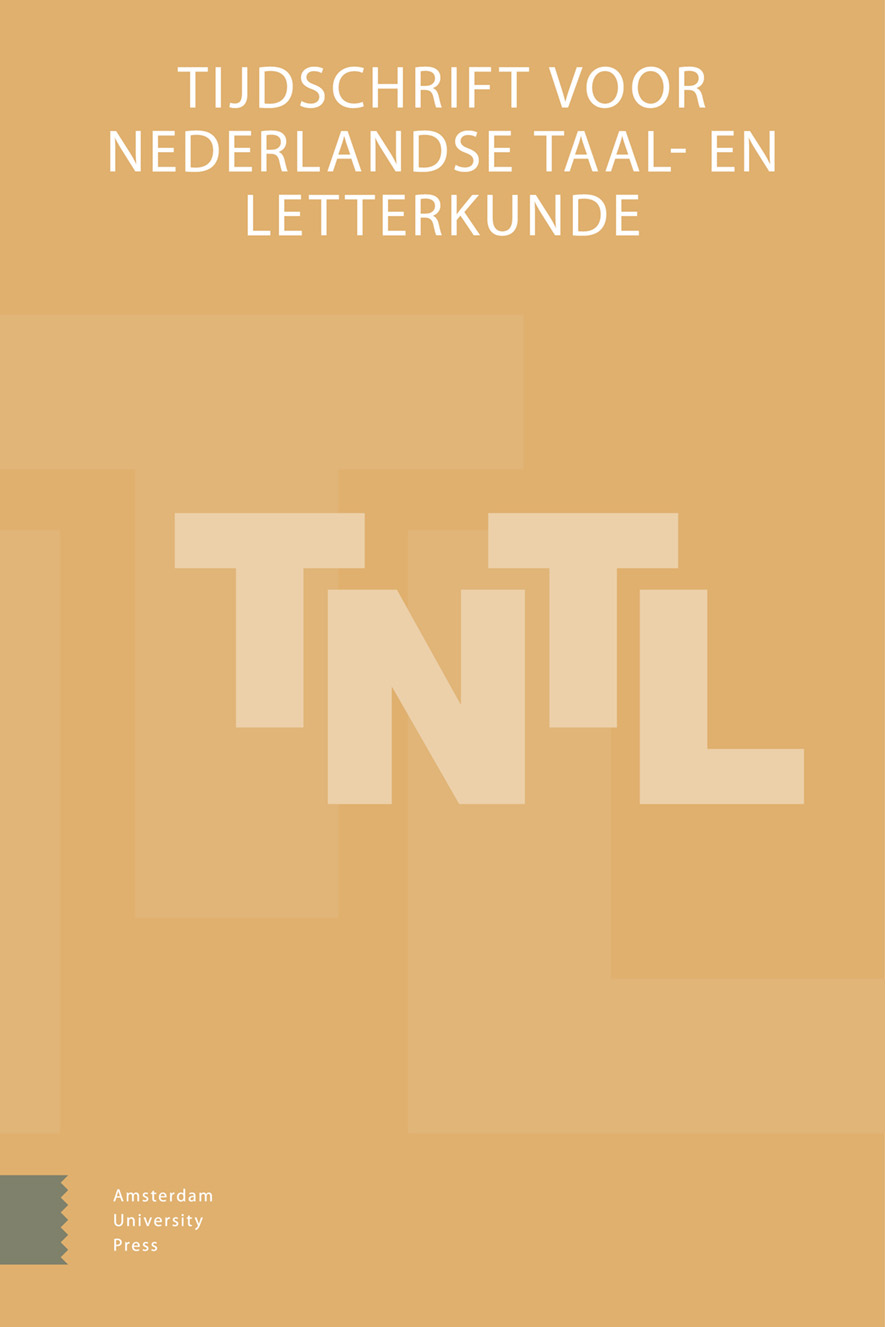-
OA‘De winnaar is een boek dat qua vorm, inhoud en denkkracht zijn gelijke niet heeft’
Het bekroningsgedrag van Nederlandse literatuurprijzen
- Amsterdam University Press
- Source: Tijdschrift voor Nederlandse Taal- en Letterkunde, Volume 139, Issue 1, apr. 2023, p. 63 - 97
-
- 01 apr. 2023
Samenvatting
Literary awards play an important role in the production of prestige. Awardjuries typically substantiate their judgements by citing forms of literary quality that they believe are innate to the laureate’s work. However, their perception of quality is largely driven by circumstantial factors, such as the author’s demographic background, the publishers they are affiliated with, their time already spent in the literary field, and their previously won awards. This article examines the ways in which these circumstantial factors influence awarding behaviour, whilst drawing on field-theoretical approaches to literature. It argues that the more ‘prestigious’ an award is deemed, the more conservative its judging habitus becomes. In addition, it will be demonstrated, that the internal logic of the literary award scene steers new awards, which try to secure their claim to prestige, towards more conservative choices, as such making it difficult for authors who do not match the ‘conservative’ profile to win.


